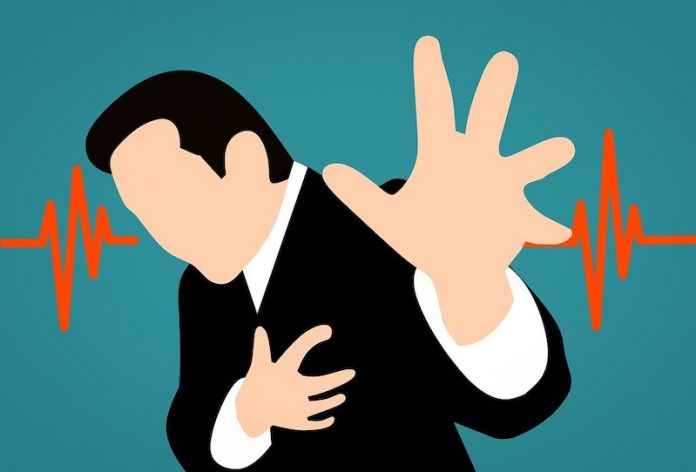
Scientists from Johns Hopkins University found a new artificial-intelligence-based approach can predict, significantly more accurately than a doctor, if and when a patient could die of cardiac arrest.
The technology, built on raw images of patient’s diseased hearts and patient backgrounds, stands to revolutionize clinical decision making and increase survival from sudden and lethal cardiac arrhythmias, one of medicine’s deadliest and most puzzling conditions.
The research is published in Nature Cardiovascular Research and was conducted by Natalia Trayanova et al.
Sudden cardiac death caused by arrhythmia accounts for as many as 20 percent of all deaths worldwide and we know little about why it’s happening or how to tell who’s at risk.
In the study, the team used neural networks to build a personalized survival assessment for each patient with heart disease.
These risk measures provide with high accuracy the chance for a sudden cardiac death over 10 years, and when it’s most likely to happen.
The deep learning technology is called Survival Study of Cardiac Arrhythmia Risk (SSCAR).
The team used contrast-enhanced cardiac images that visualize scar distribution from hundreds of real patients at Johns Hopkins Hospital with cardiac scarring to train an algorithm to detect patterns and relationships not visible to the naked eye.
Current clinical cardiac image analysis extracts only simple scar features like volume and mass, severely underutilizing what’s demonstrated in this work to be critical data.
The images carry critical information that doctors haven’t been able to access. This scarring can be distributed in different ways and it says something about a patient’s chance for survival.
The team trained a second neural network to learn from 10 years of standard clinical patient data, 22 factors such as patients’ age, weight, race and prescription drug use.
They found the algorithms’ predictions were not only significantly more accurate on every measure than doctors, but they were also validated in tests with an independent patient cohort from 60 health centers across the United States.
The team says this has the potential to strongly shape clinical decision-making regarding arrhythmia risk.
It epitomizes the trend of merging artificial intelligence, engineering, and medicine as the future of healthcare.
Sign up for our newsletter for more information about this topic.
If you care about heart attack, please read studies about common antibiotic drug linked to greater heart attack risk, and doctor asked, ‘Did you know you had a heart attack?’
For more information about heart health, please see recent studies that one cup of nitrate-rich vegetables per day may prevent heart disease, and results showing statin drugs can do double duty on heart disease and cancer.
Copyright © 2022 Knowridge Science Report. All rights reserved.



